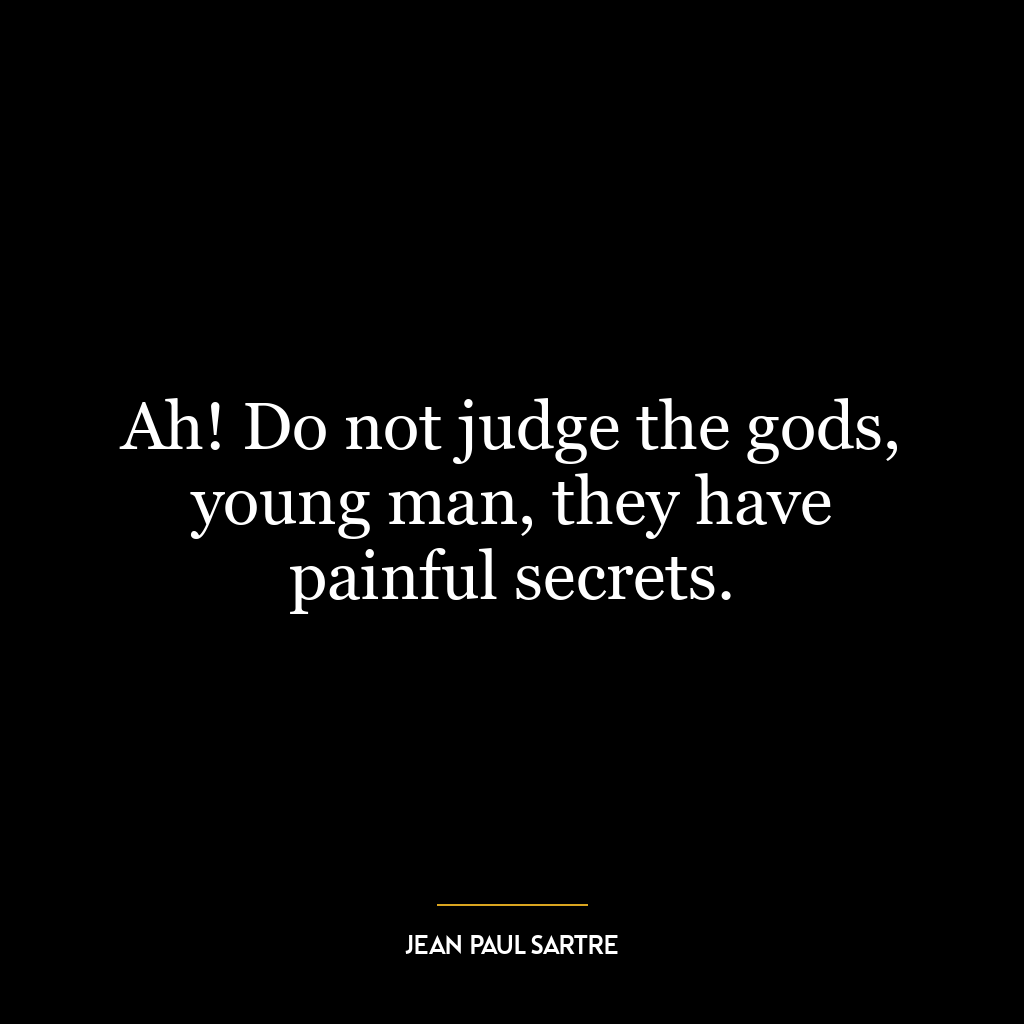This quote implies that humans have a tendency to fill the unknown, represented here as darkness, with their own interpretations and beliefs. Ghosts, gods, electrons, and tales are all constructs that we use to explain the unexplainable, the mysteries, and the uncertainties in our lives.
Ghosts could symbolize our fears and anxieties, the unseen forces that haunt us. Gods could represent our faith, our spirituality, and our moral compass, the higher powers that we believe govern the universe. Electrons, as a scientific concept, could symbolize our rationality, our reliance on science and logic to explain the physical world. Tales, stories we create or pass down, are our attempts to make sense of our experiences, to give our lives structure, meaning, and continuity.
In today’s world, this idea is highly relevant. As we face new challenges and uncertainties, such as climate change, political instability, or even personal issues like career paths or relationships, we continue to populate the darkness with our own interpretations. We use science to explain phenomena, we rely on faith to give us hope, we tell ourselves stories about who we are and what we can achieve.
In terms of personal development, this quote can be seen as an encouragement to understand and acknowledge the constructs we use to navigate the unknown. Recognizing our fears, our beliefs, our rationality and our stories is the first step in understanding how they shape our perception of the world. It’s about being conscious of the narratives we create and the beliefs we hold, and how they affect our decisions and actions. It’s also about being open to revise these narratives and beliefs, to let in new light, new interpretations, and new possibilities. This process can lead to personal growth, increased self-awareness, and a more nuanced understanding of ourselves and the world around us.









